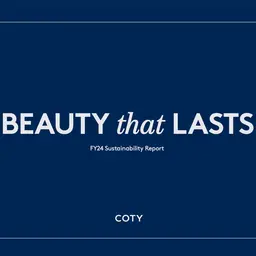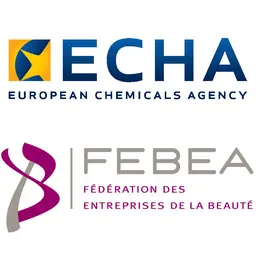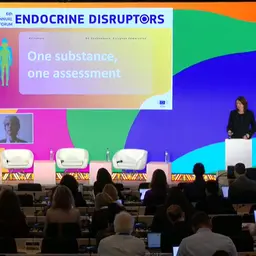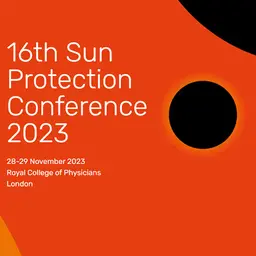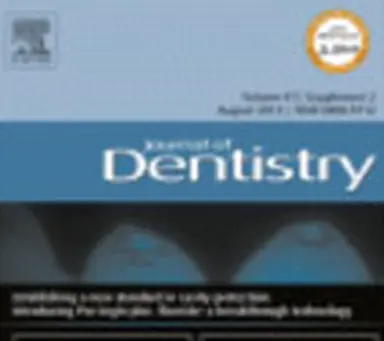
Released in the Journal of Dentistry August 2013 issue, this study of more than 400 Chinese volunteers, performed with Colgate-Palmolive, shows that a supply of 1.5% of arginine in a fluorinated (1450 ppm) toothpaste improves its anti-cavities efficiency in children. A new way for formulation?
Objective
To compare the efficacy of a new dentifrice containing 1.5% arginine, an insoluble calcium compound and 1450 ppm fluoride to arrest and reverse naturally occurring buccal caries lesions in children relative to a positive control dentifrice containing 1450 ppm fluoride alone.
Study design
Participants from Chengdu, Sichuan Province, China tested three dentifrices: a new dentifrice containing 1.5% arginine, an insoluble calcium compound, and 1450 ppm fluoride, as sodium monofluorophosphate, a positive control dentifrice containing 1450 ppm fluoride, as sodium fluoride, in a silica base, and a matched negative control dentifrice without arginine and fluoride. Quantitative Light-induced Fluorescence (QLF) was used to assess buccal caries lesions at baseline and after 3 and 6 months of product use.
Results: 438 participants (initial age 9–13 years (mean 11.1 ± 0.78) and 48.6% female) completed the study. No adverse events attributable to the products were reported during the course of the study. The subject mean Δ Q (mm² %), representing lesion volume, was 27.26 at baseline. After 6 months of product use, the Δ Q values for the arginine-containing, positive and negative control dentifrices were 13.46, 17.99 and 23.70 representing improvements from baseline of 50.6%, 34.0% and 13.1%. After 6 months product use, …

